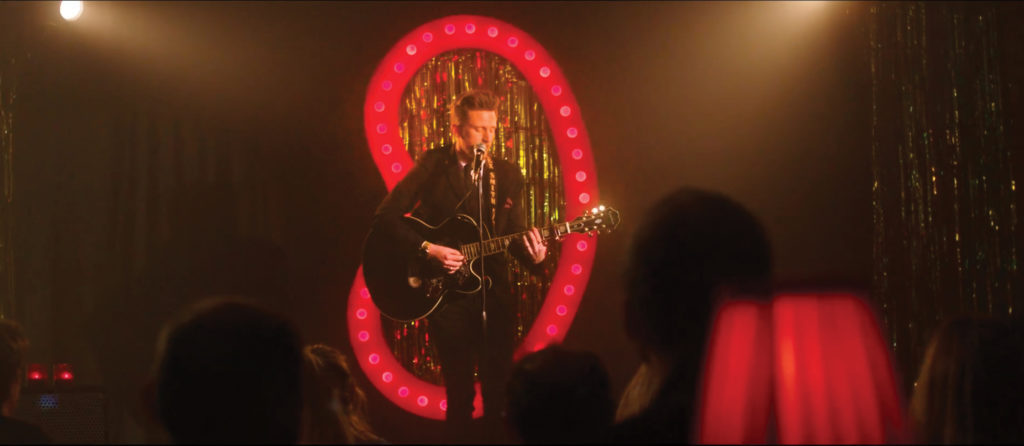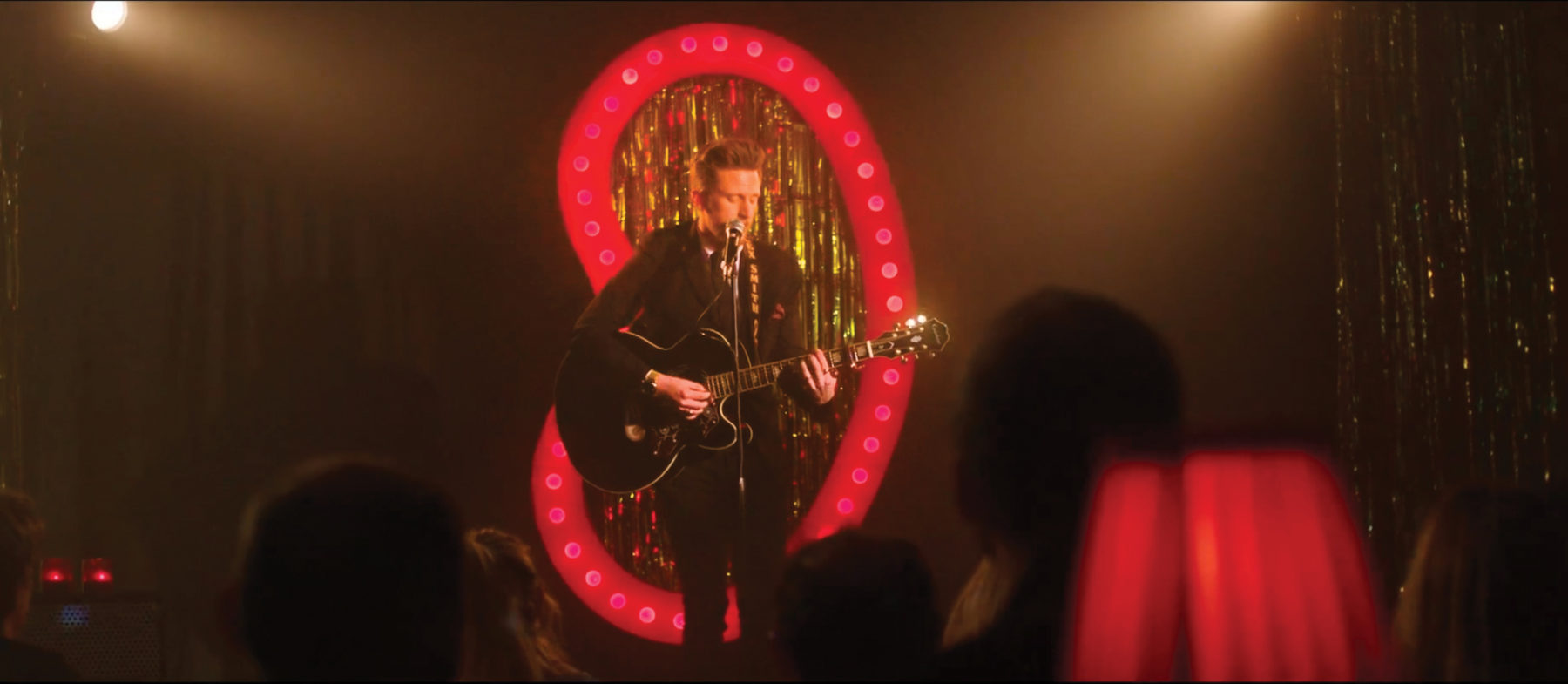I’m English, and I want to give you a tip for greeting someone from England. In case you didn’t know, if you say to someone from England “How are you?” you should really only expect one answer and that’s “I’m fine, thanks.”
Now let’s be clear, this certainly isn’t because life in the U.K. is some kind of utopian paradise. (I’m avoiding any discussion here about post-Brexit Britain.) It is in fact because we’re all liars. Any kind of calamity might have occurred before you asking the question “How are you?”—from a broken boiler, a stubbed toe, or news of a dying loved one, and yet the answer would still be the same: “I’m fine, thanks.” So, what is it that makes us lie in this way? The fact is we all naturally shy away from the truth when the truth is too dark to share. And, by the way, this isn’t just an English phenomenon, it’s a global issue.
Colleen Decourcy, Chief Creative Officer at Wieden+Kennedy recently said that “in a time of universal deceit, speaking the truth is revolutionary.” Surely we all want to be revolutionary in our creative ideas, but can we really say that we’re telling the truth in our healthcare communications? If we’re honest with ourselves, we’d see that we’re hiding from the realities of the world which we’re hoping to address. We’re hiding away from the dark side.
The Dark Side of Storytelling
But there is a way of getting to the dark side. Over the last few years “storytelling” has become an overused term, in fact you’d be forgiven for thinking that there’s something of the emperor’s new clothes about it. Every man and his dog has become a storyteller. But I strongly believe that structured narrative thinking gets us to better creative ideas. And there’s one key reason for this: Stories have conflict. After all, without conflict there is no story.
Stories are rife with jeopardy, danger, risk of failure, challenge—even children’s stories need a villain. We need to start thinking about this when it comes to our healthcare creative. What’s crazy to me is that in healthcare, this tension is always there. But for some reason we decide to sanitize it or leave them out completely. We’ve made ourselves believe that in the world of healthcare the truth is just too uncomfortable.

Now here’s where I need to remind you of what I stated earlier: That simple fact that we’re all liars. When approaching creative work in healthcare we kid ourselves into believing that the audience we’re speaking to—whether healthcare professionals, caregivers, or patients—can’t, or don’t want, to deal with the truth. But in reality, it’s us who have a problem with the truth.
The Power of the Truth
Let me tell you a quick story about Matthew O’Reilly. Matthew is a critical care emergency nurse in Long Island, and is often the first person on the scene at road traffic incidents. When Matthew deals with patients with fatal injuries, they sometimes ask him that question we hope none of us have to ask: “Am I going to die?” And for years, when faced with it, he would lie: “I was afraid that if I told them the truth they would die in terror.”
That is until he met one particular patient. The man had crashed his motorcycle. Matthew knew he wasn’t going to make it. The guy opened his eyes, looked up at him, and asked, “Am I going to die?” Matthew instinctively replied, “Yes.”
Matthew couldn’t have predicted what happened next. There was no panic, no wailing, no loss of control. The guy just put his head back down on the tarmac, closed his eyes, and died, peacefully.
Since that moment, whenever a patient asks Matthew if they’re going to die and he knows that they are, he always tells them the truth. And over the years Matthew’s seen a clear pattern in the behavior of his patients. There’s never panic, never uncontrollable fear. In fact, Matthew says there are three things which often happen:
- People want to confess—they often say something like, “I should have forgiven x for what they did,” or “I should have spent more time at home with my children.”
- People want to be remembered—even by a total stranger. They would often ask Matthew, “Will you remember me?”
- People want to leave a legacy—people would often talk of their children, a beautiful home they had made, a garden, or work of art that they had created. People want to know that something will live on even when they’re gone.
Uncomfortable reading perhaps for some, but embracing the dark side and telling the truth allows amazing things to happen. Things that we don’t expect. Things that change behaviors, perceptions, and beliefs. Things that disarm our audience. Isn’t that what we all want to do with the creative work that we’re producing?
So, let’s stop lying to ourselves. Let’s embrace the dark side and voice the conflicts which we’re wrestling with. After all, the truth is revolutionary, and it’s time for a revolution in healthcare communications.










